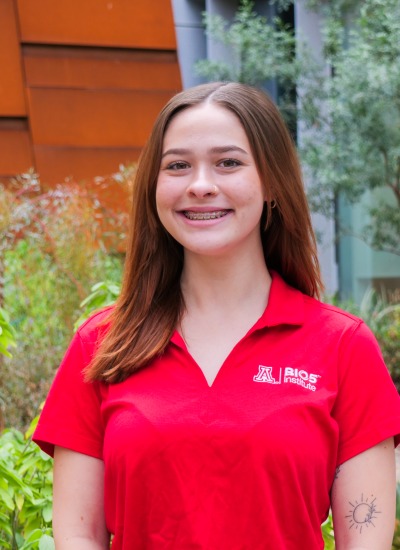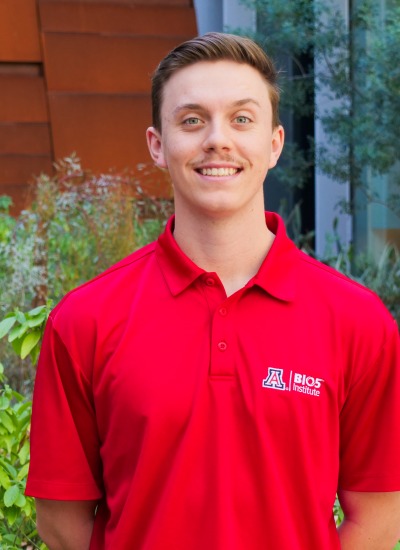BIO5 Institute
Vladimir Kalinichenko
Work Summary
Dr. Kalinichenko specializes in lung development and regeneration, with a focus on improving the health outcomes of infants facing life-threatening respiratory conditions. His notable achievements include: the development of nanoparticle delivery systems for gene therapies in pulmonary endothelial cells; discovery of small molecule compounds targeting transcription factors; development of cell therapy with donor endothelial progenitor cells to improve the neonatal angiogenesis; and the use of stem cells to create bioengineered lungs using animals as “bioreactors”.
Research Interest
Tobias Jakobi
Work Summary
I was recruited as Assistant Professor to The University of Arizona College of Medicine – Phoenix (UA-COMP) from Heidelberg University Hospital in Heidelberg, Germany, where I was a postdoctoral researcher. My academic and research training includes RNA biology, eukaryotic biology, genome research, and comprehensive training in theoretical and applied bioinformatics. At UA-COMP, in the Department of Internal Medicine and in the new Translational Cardiovascular Research Center I established my independent research group that develops state-of-the-art computational approaches to answer cardiovascular questions, with a specific interest in the dynamics of circular RNAs and RNA biology in health and disease.
Research Interest
Kyra Alison Dillard
Byrdie Lopez
Kendall Beaver
Liliana Monteiro Salvador
Work Summary
Dr. Salvador’s work is multidisciplinary and focuses on the quantitative epidemiology and evolutionary dynamics of zoonotic diseases under the One Health umbrella. In particular, her research focuses on developing quantitative approaches to understand the ecology and evolution of infectious diseases at the wildlife, livestock and human interface and across different environments. She is an Assistant Professor in the School of Animal & Comparative Biomedical Sciences at the University of Arizona, a Scialog Fellow within the emphasis of ‘Mitigating Zoonotic Threats’ at the Research Corporation for Science Advancement, and serves as the Secretary of the Zoonotic Disease Subsection of the International Union Against Tuberculosis and Lung Health.
Research Interest
Josiah Rautenberg
Stephen Stern
Kurt Whitcoe
Pagination
- Previous page
- Page 2
- Next page











